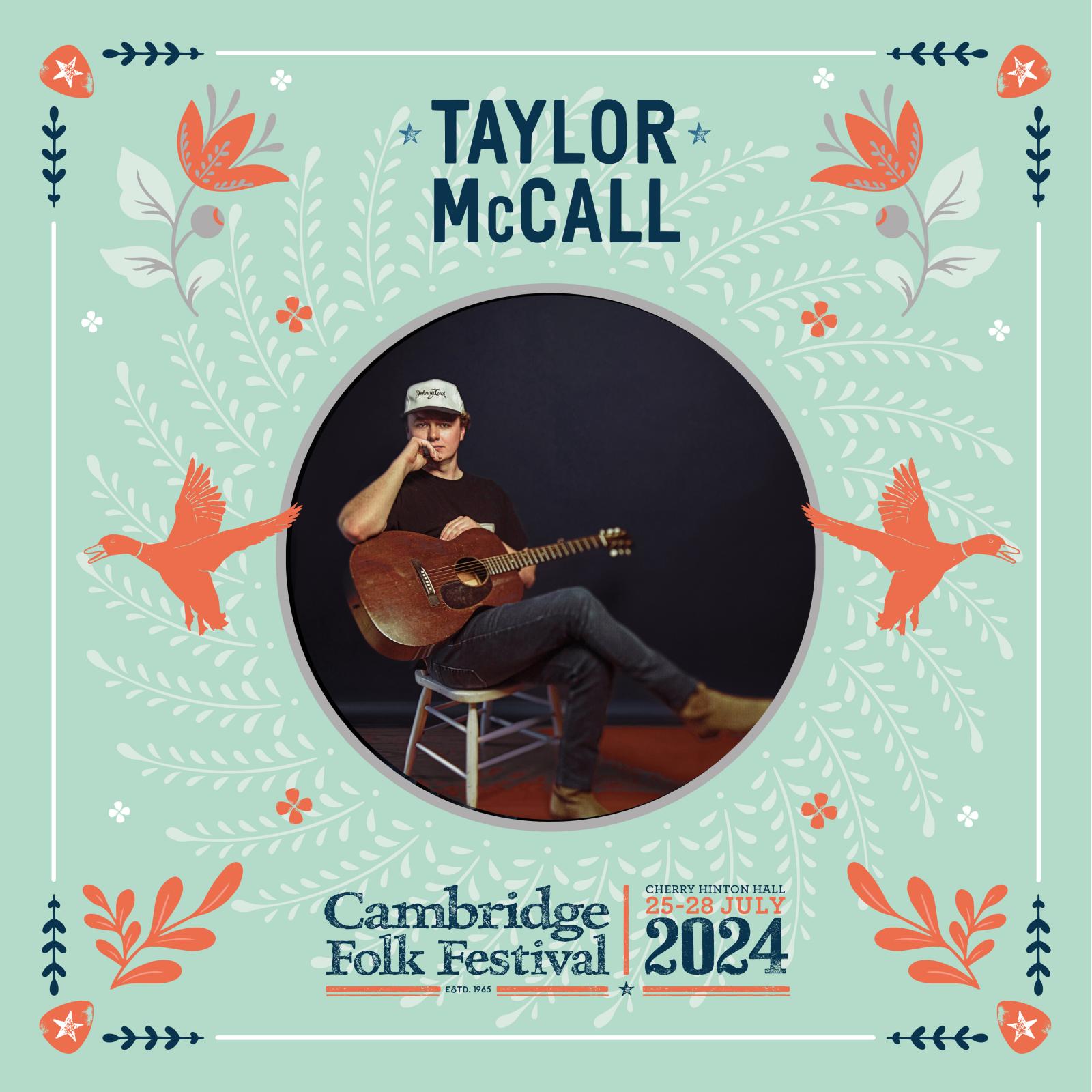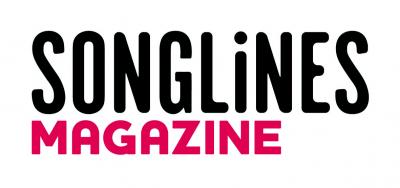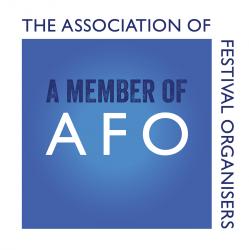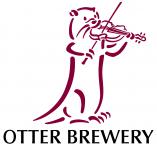Broadcast Partner

When the decades-old gospel recording fades into static, from which rises the first guitar chord of Taylor McCall’s Mellow War, you feel like you’re walking out of one world and into another. Or perhaps, for a moment anyway, straddling two worlds.
Born in Greenville, South Carolina to a craftsman and a preacher’s daughter, McCall quickly found his true sanctuary in the woods and on the water, and for much of his early life, stepped between the outdoors and the Sunday service. “I was raised in the outdoors, my dad and I would go fishing in my free time. He raised me to go fly fishing and any chance we got, we were on the water or in the woods.” Experience, story and song were paramount in his upbringing—he was raised in a family steeped in feral mystery. When his mother was born, for instance, the attending physician told his grandmother and grandfather that their baby wouldn’t survive the night; as legend has it, his grandfather got down on his knees in the hospital room and prayed for his newborn daughter’s survival, pleading if she were spared. A few months later he was an ordained pastor, with a healthy daughter by his side.
“My mystery is that most people see me as another southern guy or country musician and that’s not the whole being of my existence. Spirituality and world music to me is connecting with a greater force and that’s what my music is; it’s connecting with something beyond me.”
When he was 7 he discovered his grandfather’s guitar, an instrument he played ritually, with ritual secrecy, until he was nearly 18. After high school, he left South Carolina for and headed west toward the Rockies. Trading his jon boat for a drift-boat, McCall lived close to the bone on Montana’s rivers; studying the Yellowstone, the Madison, and the Missouri more diligently than any coursework. After a couple of years, though, he heard his true calling, sold his drifter and headed back south with his future bride on the mind; music, that is.
“To me Mellow War is paying homage to my late grandpa, but also in relation to where I’m at musically. My grandpa went to Vietnam. The image on the front is him in Vietnam. These are songs that are sort of letters to home that I imagined he might have sent. My grandpa was a life inspiration for me; it was bigger than just music. The songs are a tribute to everything he stood for and everything he taught me. It’s a way for me to share with him even when he’s in another dimension. This isn’t just about me or myself. This isn’t music about myself.”
It wasn’t long before the countless years of solo playing blossomed like a magnolia in a warm spring wind. He put out his Southern Heat EP in 2017 and signed a publishing deal with BMG in 2018 and by 2020 released Black Powder Soul, the single from which, “Highway Will,” Rolling Stone lauded as a “brooding, at times menacing, introduction to the South Carolina songwriter.” “With equal parts reverence for inherited musical traditions and a pioneering spirit,” wrote American Songwriter, “McCall created a uniquely Southern, yet transcendent soundscape.” By fall of 2023 he was touring Europe with Robert Plant.
“My job is to skydive with my emotions,” McCall says, clearly relishing the ride.
His influences are eccentric and arcane, ranging from old hip-hop to Bobby Charles, from Sister Rosetta Thorpe to TKTK. Johnny Cash. The Band. Spend the day on the river with McCall as Bluetooth speaker DJ and you’re likely to hear a sampling of JJ Cale, Taj Mahal, TKTK and a few of his contemporaries. Drop the anchor and give the young man a moment to roll a spliff. Light it. It’s early June on the Missouri, say, and the mayflies are pouring off like snow falling in reverse. Once he’s out of the boat and has forded the knee-deep riffle, watch him cover the water with his casts, methodically, threading the depths. He’s as at home here as he is in a song.
“Like fishing, you can never be sure in songwriting that the lightning’s gonna come, but you have to keep standing in the river.”
And at his music’s core, there’s a relentless searching, too, which begins with the initial notes of each song, the guitar playing the silence. Or better yet: the guitar in dialogue with the silence. The Silence, for that matter. McCall’s music is admittedly “spiritually based music,” its roots in his father and grandfather’s sermons. The pews creaking, the dusty hymn books cracking open. See that my grave is swept clean, a ghostly voice intones.
I will, sings McCall. Indeed, I will.







